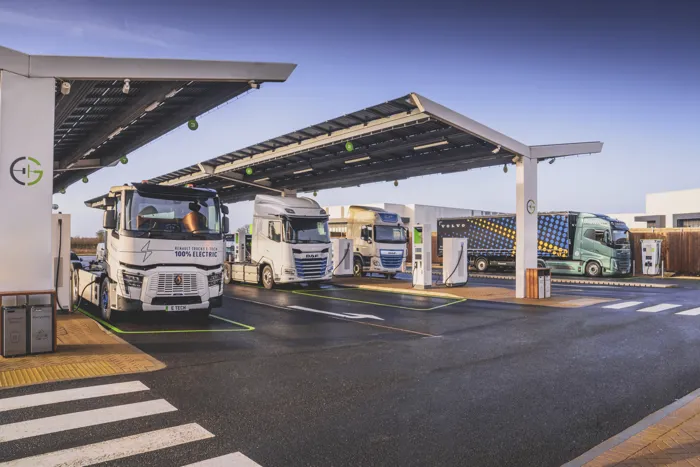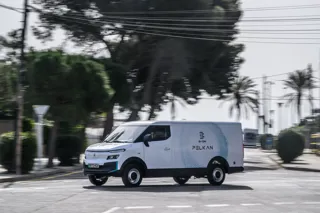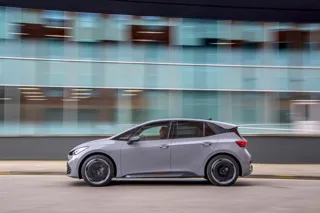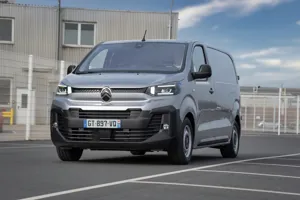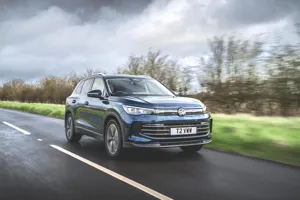Industry calls for plug-in truck grant overhaul
The Government is being urged to reform the plug-in truck grant, with drivers more likely to encounter a pink van than an electric truck.
Electric trucks
23 Apr
Features and analysis

BMW expands model choice and remains fleet industry's favourite brand
As BMW continues to expand and evolve its model line-up, the brand remains committed to giving its customers choice.
Electric Fleet
Events
Car, van and truck reviews
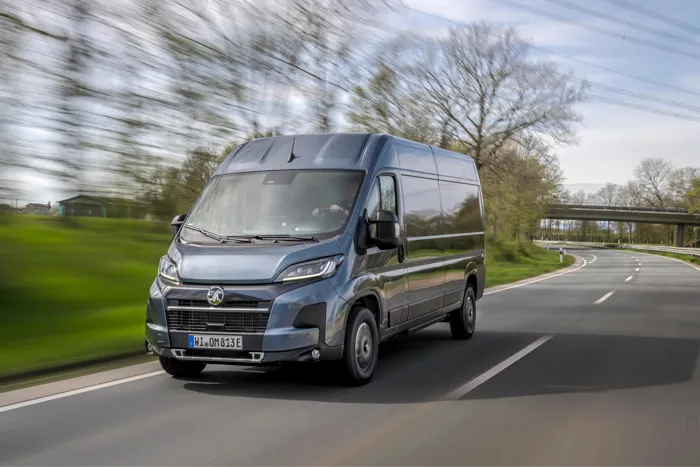
Vauxhall Movano and Movano Electric review
The Vauxhall Movano moves onto a shared Stellantis platform in its latest generation.
22 Apr



